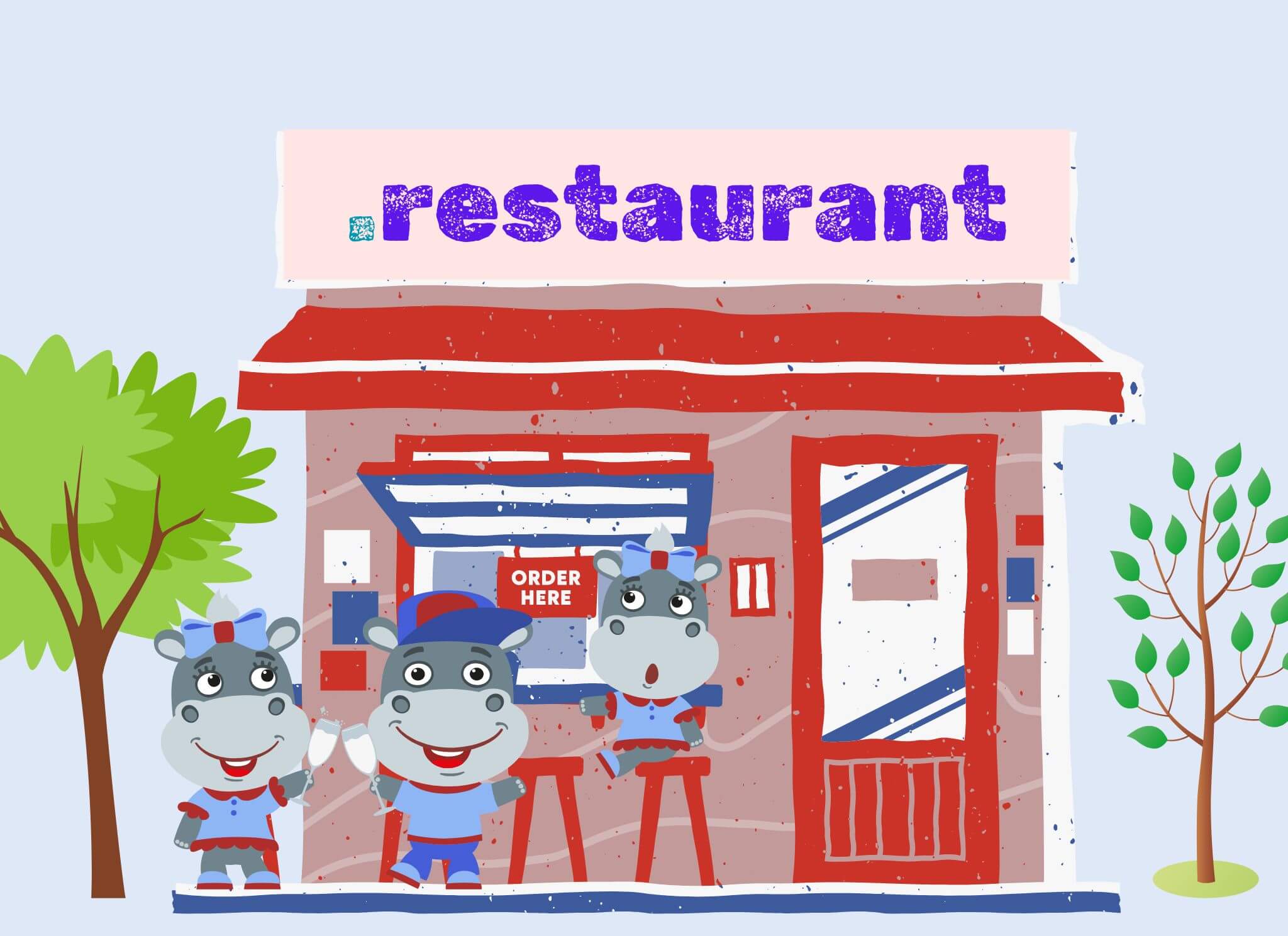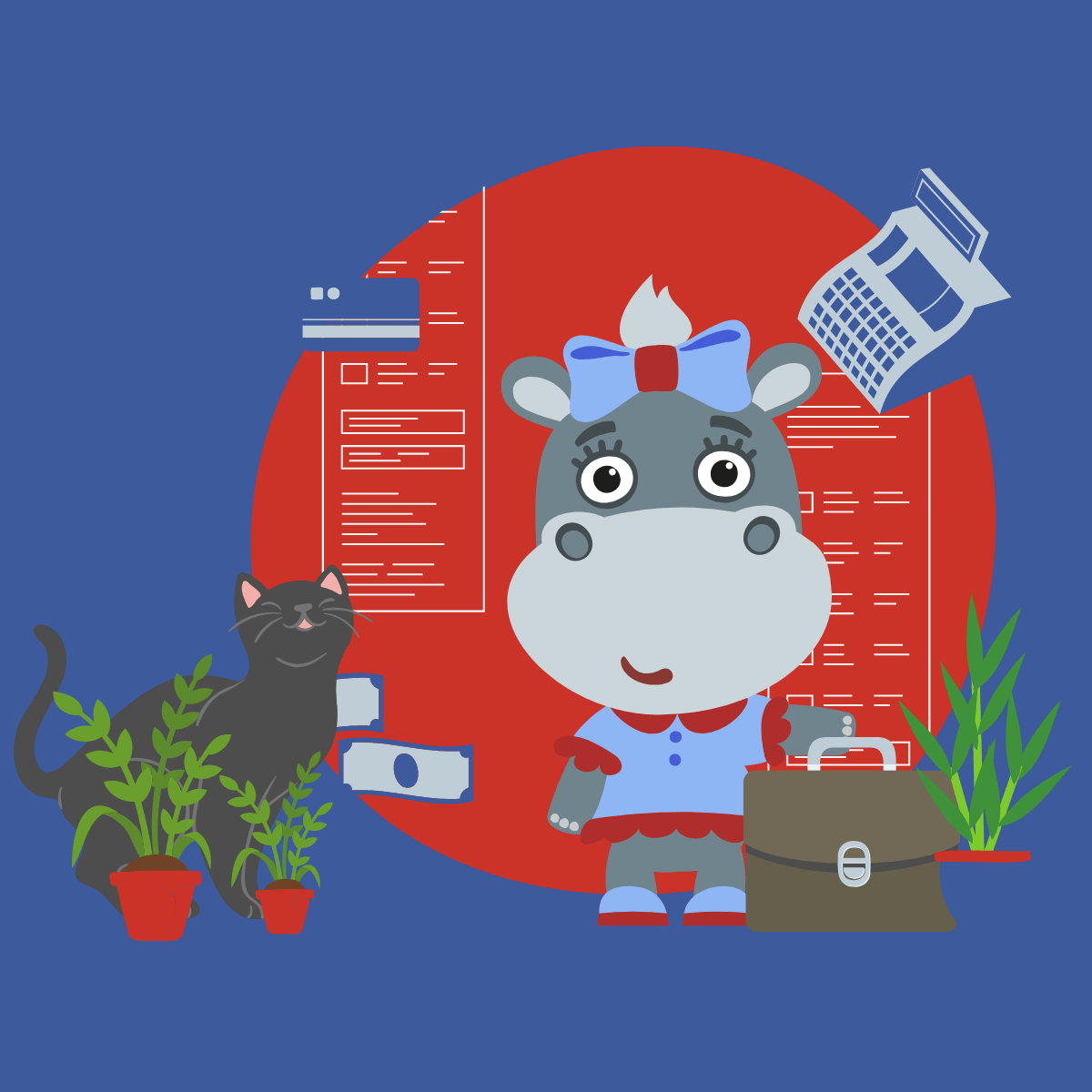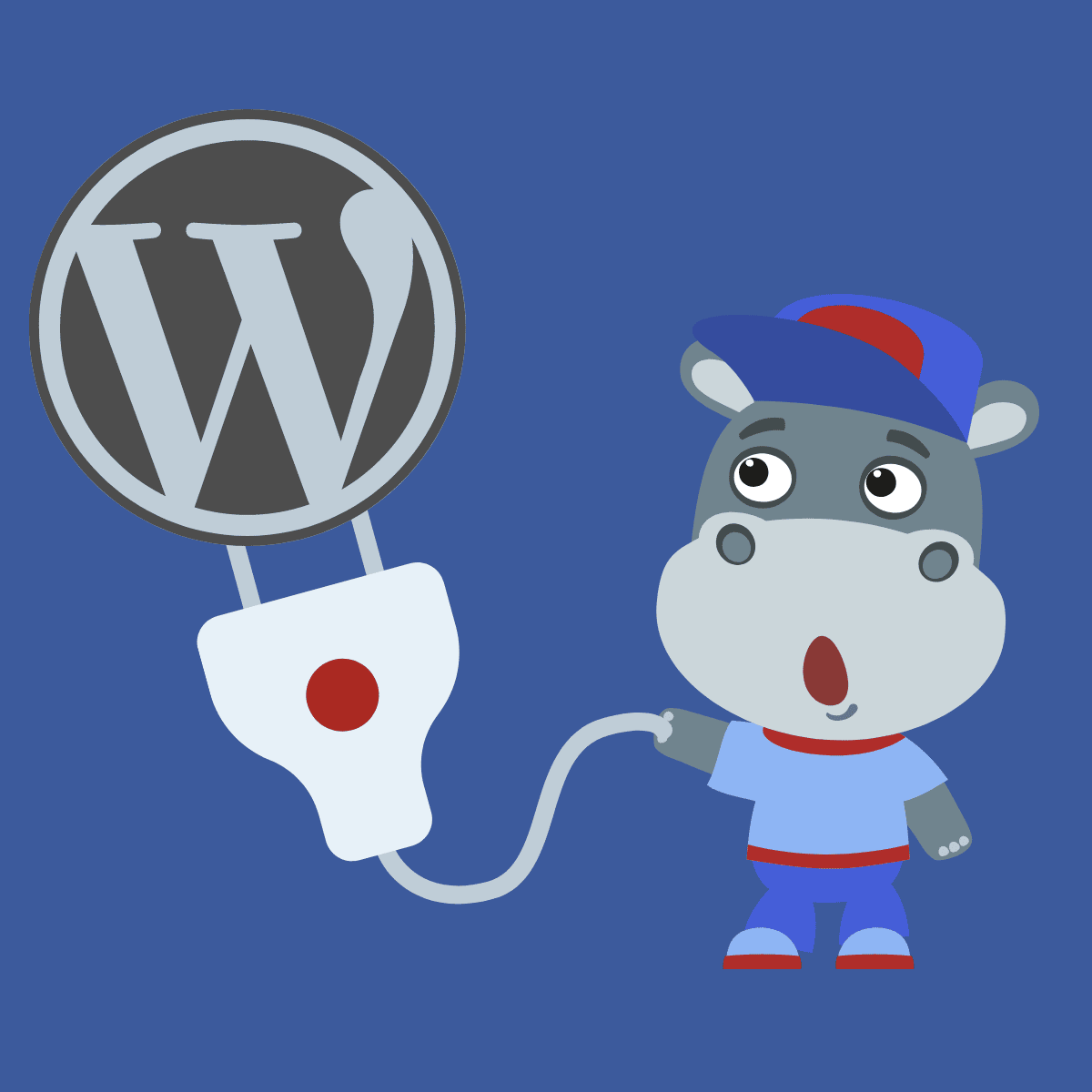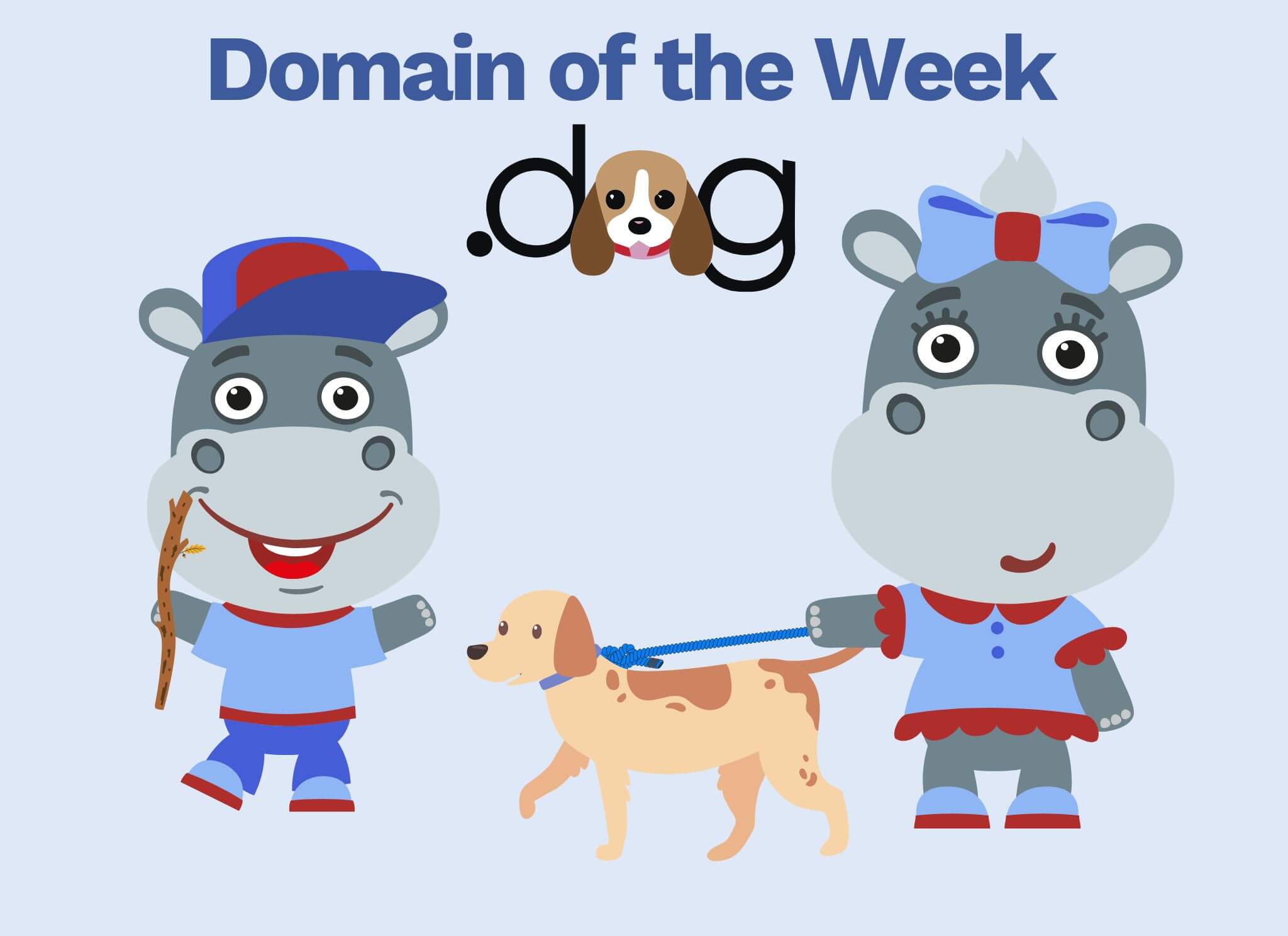Introduction
Starting a blog is a great way to get your message out on the web. Whether, it is a personal interest blog, community group or information about your business; an interesting or useful blog can drive welcome traffic to your website. This in turn will be looked on favourably by Google and boost your page rankings.
Before you begin, however, you should plan your blog carefully, from the platform you intend to use, to the structure of your content. The more captivating and the more useful it appears to be, the more traffic it will generate.
This article looks at how to choose the blog platform and how to host it inexpensively. We also look at how to find a great niche for your content and how to promote your blog, so people can actually find it.
Why Start a Blog?
The internet is a huge place full of useful and useless information. Many search engines, however, are really looking for useful content, to make the internet a better place. If you are passionate and knowledgeable about a subject, then a blog is the perfect medium, to express yourself and to pass on your knowledge into the public domain. You might be thinking, what’s the point? With so much content out there, including video and podcasts, will people actually ready anything I put online?
The short answer is yes, it has been estimated that a staggering 77% of internet users regularly read blogs in some form or another.
If you have some useful information about a specific subject or business project, you may well find a niche and be able to generate traffic and even revenue from it.
Through blogs, you may learn new things, connect with new people, express yourself and even make a bit of cash on the side.
Is Beginning a Blog Expensive?
Absolutely not. When you start out, your blog probably won’t be generating that much traffic, so you will probably be able to get away with budget hosting. As long as it can support a blogging platform, such as WordPress, you will be good to go.
Just for example, Our Hippo WordPress Value plan, only costs 99p per month! This not only includes a free domain name for one year, a free SSL certificate, and WordPress installed by our amazing Hippo Helper team, you also get a free cuddly Hippo!
Of course, as your readership grows, you may have to increase the power of your hosting plan, so it can cope. This is best done in stages, so you gradually increase your hosting capability. A good host will help you upgrade and advise accordingly on the type of plan required.
A value plan, such as this, includes everything you need to get started in the blogging world, including basic themes and plugins to make a great looking functional post. You of course are free to choose from a myriad of free and paid themes to give the blog its own feel. You can also add a range of free and paid plugins to add additional functionality too! Please do be sure you read our knowledge base on the issues with certain plugins here.
Most blogging platforms, WordPress included, are Open-source and so are free at the point of use. Of course, if you are unfamiliar with these you should factor in the additional cost of your time, in order to set up and get used to the format.
After the initial outlay for the hosting, there will always be ongoing costs too. Expect to pay £12 + each year to renew the domain name, the continued hosting plan and any other extras you purchase along the way, including any marketing costs or SEO if required.
Deciding on the Subject for Your Blog
You will most likely be passionate about the subject of your blog posts. This should go without saying. Whether it is a personal blog or something for work or business, you need to be passionate and have at least some expert knowledge to impart.
As a reader, it is very easy to tell if a blog has been written by AI, or someone who is not immediately attached to the subject. It lacks flare and is a lot less interesting to read.
The blog will also need audience potential. It is pointless spending ages writing stuff down only to find out nobody is interested. If you are writing a blog about nutrition, for example; scour the internet forums looking for commonly asked questions. This will give you a hook and a title for your blog post, to build an article around, that is guaranteed an audience. Once written, you could even cross post it in the forum where you found the original question, to give yourself all important back links.
Get a Great Blog Name, Domain Name and Web Hosting.
First impressions count, so having a great name for your blog is really significant. This can often be quite tricky, but think carefully and go with your instincts. Test it out on family and friends too. If you are stuck, we have a great little tool that can help. It is designed for helping people find a business name, but it works great for blogs too. Check out our Business (blog) name generator here. This will even check to see if an accompanying domain name is also available!
Domain names are also a tricky one, ideally it should be close to the title of the blog, but if the title is unwieldy, try to simplify the domain name a bit. You can search for a wide range of domain names here.
Finally, the hosting. Start off small, but work with a company that can support your blog as it grows. The only thing to make sure, does it support the Blog platform that you intend to use. If you are planning to use WordPress, the most popular blogging platform, check that the hosting is WordPress optimised. If you don’t do this, you will find that the blog is very sluggish, and nothing turns off a blog reader more than slow download times.
Just make sure that the hosting company has a good support team that can help you out of any technical scrapes you might get yourself into when setting up your blog for the first time.
Choosing Your Blogging Platform
There are many blogging platforms available to use, some are free (Open Source), others are paid options. Each of these have their own merits and dedicated set of followers.
Here at Hipposerve, we are experts on WordPress. We have worked with it in some form or another since it was first launched, and as well as creating a multitude of blogs and Websites using it, we are experts in all technical aspects. We support thousands of customers using WordPress and are able to solve pretty much any technical problem. Not only that, but we haven’t found anything that has stumped us yet – however, we are always up for a challenge! If you choose one of our WordPress hosting plans, we will even install and configure it for you, ready for you to just get started blogging.
If it’s flexibility and a huge online community you’re after, then WordPress is the way to go, as nearly 70% of websites use it in some form or another.
That said, our hosting platforms all support the full range of blogging software, and we are able to support you with all of these! You should select the blogging platform that you feel most comfortable with and allows you to get on with the creative aspects of your blog.
Using Your Blogging Platform
Once you have your blogging platform installed, you need to spend a bit of time setting it up and getting it to look right. We always recommend keeping it simple. If this is your first attempt, keep plugins to a minimum and select one of the thousands of pre-built themes that are available. These can always be changed later – but the most important thing is that you get your blog posts written, right?
After the blog is set up, start with earnest on the high quality content. Be clear and concise with what you have to say, and don’t forget to include images and other media, if it helps. If you do pick images, your own pictures are always best. Firstly, you don’t have to deal with any copyright issues, plus people like things that are personal and speak about the author.
Now you just have to create content regularly and make sure you reach out to your audiences.
 Promoting Your Blog
Promoting Your Blog
Start simple, post, and repost your blog on various social media platforms. Join relevant Facebook Groups, and follow relevant Twitter pundits. If you have found forums and bulletin boards online that are related to your subject, post your blogs on there – especially if they help answer someone’s question.
Start to build an email list and formulate an email strategy for your blog. There are many plugins and email senders that do much of the work for you. All you need to do is to get people to sign up to your mailing list. You may also wish to get help with the keywords within your blog and get support from an SEO professional, just to make sure that Google finds your material and treats it favourably.
Keeping Things Up to Date and Backups
Keeping your blog platform up to date is very important for both security and performance. Out of date plugins can provide an open door for hackers to gain access to your blog. If your blog is doing well, and you are gaining revenue from it, they could even hijack that. As a rule of thumb, you should make sure that the WordPress (or blog platform) and any relevant plugins are checked for updates at least once a month.
It is also a great idea to keep backups of all your hard work. It is always best to have a regular backup, and take a backup before you do any updates to your website. If something is going to go wrong, this is when it will happen! Ideally, you should make a backup after you add new content and whenever the site is changed, too. To save the hassle, you should always use our Hippo Care – Silver service, which takes a backup every day and keeps it for 30 days. It also updates your site for you too, and takes a backup beforehand!
In Conclusion
Blogs are a great way of getting your information out to the world. Making sure that they are well managed is the key to success. Choosing great hosting, the correct blog platform and an awesome domain name is the key to a blog that people will want to visit. Having dynamic and interesting content ensures that they keep coming back.











